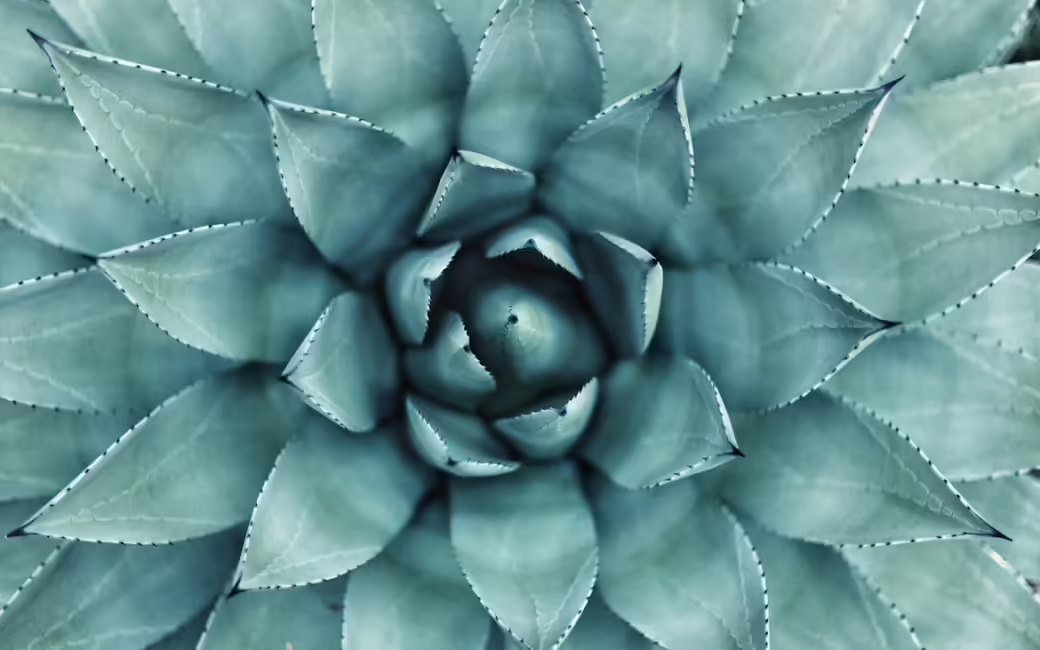MITHAI
After James Thurber
Gupta the chocolatier. White hat and apron, immaculate clean despite the double boilers and piping bags. From his whisk dripped ribbons of shining chocolate, milk and white and dark. He bent his head as the ribbons fell and smiled into the camera. An advertisement. His face shining enough to glow for the masses on television. A woman’s voice breathed sensuously, Lindor.
“Breathe in through your nose and out through your mouth,” came another voice from the front of the room. The yoga instructor, long, lithe, blonde, called out to her disciples. Each bent on their hands and knees, back arched, face to the sky.
“And now back to downward facing dog.”
Mr. Gupta complied and heard the cracking of each one of his bones. Knees lifted, arms trembled.
In his country it would be not chocolate, but mithai, the sound of broken pistachios like the cracking in his bones. Rendering milk low and slow into cream, then paste. Infuse the paste with ghee and sugar, shape it into pillows. The same technique, the same sponge on his tongue, none of the romance.
His hands on the mat dug into the sponge. It was his daughter’s mat, pink and a bit too narrow. It was at her urging that he came to this class that day. Mindfulness, she urged him. Better than her first thought, a neurological evaluation.
Pah. He could have been a neurologist, a neurosurgeon even. Three more marks on the entrance exam and he’d be in Jaipur as Gupta MBBS. Gray and white matter like putty in his hands. He’d revive the dead chief minister from his paralyzing stroke. Instead, the dead chief minister floated in the Ganga for all the peasants to bathe in. He could’ve saved him. After all he still had the cranial nerves memorized: olfactory, optic, oculomotor, trochlear, all the rest. How could he himself need a neurologist?
“And rise to your feet for mountain pose.”
Gupta saw the backs of all the slim white women around him and sucked in his gut, tucked the surplus flesh beneath his sweatpants. He lifted his arms and felt the air-conditioned wind on his stomach. Carpet of hair standing on end.
The colonel wouldn’t stand for such slovenliness. Look trim in your olive greens or run, he’d say to them all. You represent the nation. And he did, Gupta the cadet, firearm high and ready, ears perked, waiting for fire across the sky and for feet in motion. Ready to die in the mountain borders, defend a land that is his.
“Sir,” came a voice, and he opened his eyes. The women had returned to the floor, and he stood alone. The instructor faced his eye.
“Sorry, sorry,” he said, scrambling to his hands and knees. Just as he found his breath somewhere, there was somewhere else to be. He copied the motions around the room, curled his legs and dropped his forehead to the floor. Child’s pose. A beam of light filtered through the bottom of the studio door.
Gupta the child. He spotted a light below his door and listened to the conversation. Maldives! A year of school rewarded with a trip to the beach. White sands, blue-green water, huts all around, the murmur of fish and squawk of gulls. In a flurry he packed his suitcase and burst through the doors, ignored his mother’s hush to go to bed, and pronounced himself ready for the Maldives getaway. No, his father said. Only he would be leaving, for work. Tears fell like pearls, snot dripped into Gupta’s quivering mouth.
It was sweat, after rising out of Child’s pose and in and out of sun salutations. Sweat and tears. Who greeted the sun like this, with movement? Why not bask in its rays, lay still, and pray?
At last, rest. The instructor calls for savasana, the only pose still said in Sanskrit. The women laid on their backs and placed their hands on either side, facing up. Legs slack yet in control. Gupta followed.
“Peace,” said the instructor. “Focus on your breath. Forget all the sounds around you.”
Gupta heard no sounds. What greater peace was there than the peace of the mind? His body floated between forms, memories, imaginations.
There were a few moments of silence until a gasp interrupted. Then like camera shutters: all eyes opened and took in the light. Gupta aloft, his back flat to the air. At first a few inches, then a foot, then his head nearly grazing the ceiling. The instructor shrieked.
Strangely, none of the other women moved. Some laid with their backs still to the mat, others raised their bodies and stayed seated, nothing more. But their eyes all gazed in his direction, and Gupta reveled in their acknowledgement. These women, who bought expensive haldi milk and wore silk scarves around their ponytails and looked as his wife did in the early days. He nearly called out to them.
You have your instructor, yes, but behold your guru!
He breathed to buoy himself like a balloon, but soon his body came down. Soft, dreamlike. They all gazed, transfixed, at Gupta the Undefeated.
Malavika Praseed
Malavika Praseed is a writer, genetic counselor, and MFA candidate at Randolph College. She is the Creative Non-Fiction Editor at the Twin Bill and a book reviewer at the Chicago Review of Books. Her work has appeared in or is forthcoming in Khoreo, the Twin Bill, Defunkt, the Ear, and others.

